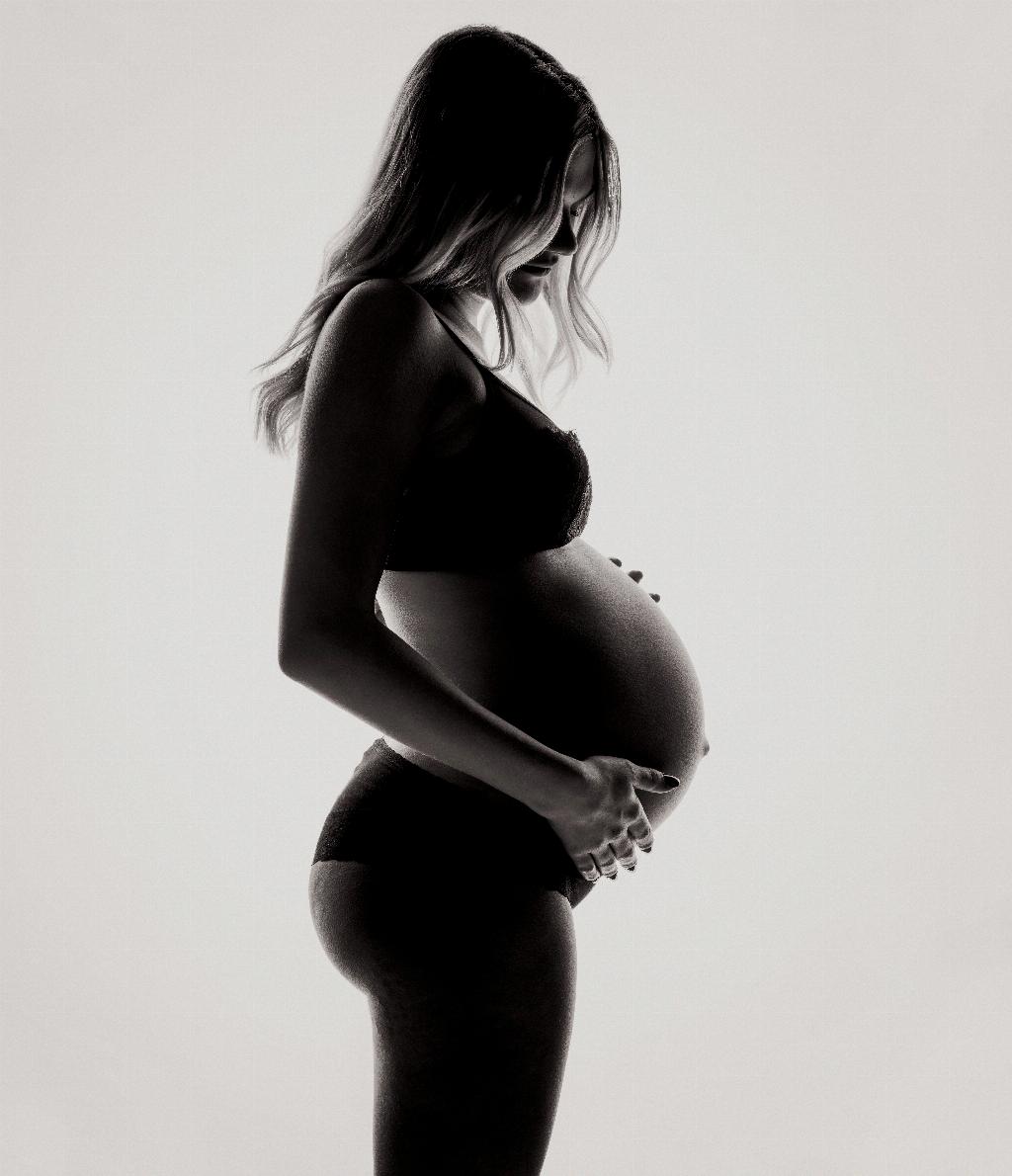As a woman embarks on the beautiful journey of pregnancy, many changes occur within her body. Among these changes, the skin may also undergo transformations, leading to various skin conditions. One such skin issue that may arise during pregnancy is hives, also known as urticaria.
Causes of Hives During Pregnancy
Pregnancy can trigger hives, even in the first trimester. These hives may occur due to hormonal fluctuations, increased blood flow, and changes in the immune system. The body’s response to these changes can sometimes result in the development of hives on the skin.
Symptoms of Hives in the First Trimester
When experiencing hives during the first trimester of pregnancy, women may notice raised, red welts on the skin that are typically itchy and may vary in size. These hives can appear suddenly and may come and go over a period of time.
Managing Hives During Pregnancy
If you are dealing with hives in the first trimester of pregnancy, there are several steps you can take to manage the condition. Firstly, consult with your healthcare provider to confirm the diagnosis and discuss treatment options. It is important to avoid known triggers, such as certain foods or environmental factors that may exacerbate hives.
Medical Treatment for Hives in Pregnancy
In some cases, healthcare providers may recommend antihistamines to help alleviate the itching and discomfort associated with hives. It is crucial to follow your doctor’s advice when taking any medication during pregnancy to ensure the safety of both you and your baby.
Home Remedies for Relieving Hives
Alongside medical treatment, there are also home remedies that may help provide relief from hives during pregnancy. Keeping the skin cool and moisturized, taking oatmeal baths, and wearing loose-fitting clothing can all aid in soothing the itching and discomfort caused by hives.
Monitoring Your Symptoms
Throughout the first trimester, it is essential to monitor your symptoms and keep track of any changes in the appearance or intensity of the hives. If you notice any concerning developments or if the hives persist despite treatment, contact your healthcare provider immediately for further evaluation.
Importance of Seeking Medical Advice
While hives during pregnancy may often be benign and resolve on their own, it is crucial to seek medical advice to rule out any underlying conditions or potential complications. Your healthcare provider can offer personalized guidance based on your specific situation.
Impact of Stress on Hives
Stress during pregnancy can sometimes exacerbate skin conditions such as hives. It is essential to prioritize self-care, relaxation techniques, and stress management strategies to help reduce the likelihood of hives flare-ups and promote overall well-being during this special time.
Support Network and Self-Care
Building a strong support network of family, friends, and healthcare providers can be instrumental in navigating the challenges of hives during the first trimester. Engaging in self-care practices that promote relaxation and a healthy mindset can also aid in managing stress and its effects on the skin.
Embracing the Journey
Remember, pregnancy is a unique and transformative experience, and each woman’s journey is different. While hives in the first trimester may present challenges, they can be effectively managed with the right approach and support. Embrace this time of growth, change, and anticipation, and prioritize your well-being and that of your growing baby.
Final Thoughts
In conclusion, hives can indeed occur during the first trimester of pregnancy, and while they may pose discomfort, they are often manageable with proper care and guidance. By staying informed, seeking medical advice, and prioritizing self-care, women can navigate the occurrence of hives during pregnancy with confidence and resilience.

